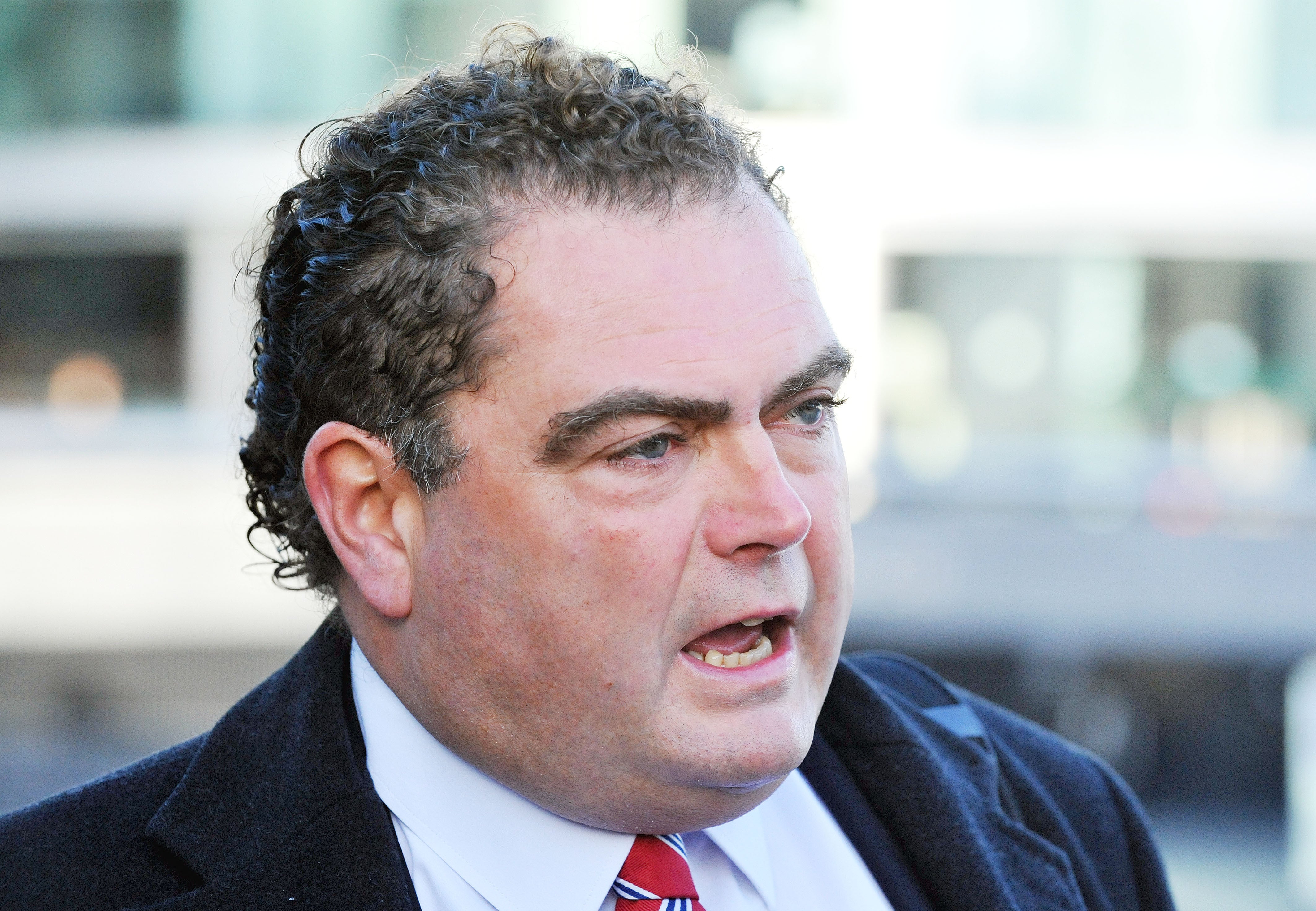
Thousands of staff at rail stations, ticket offices, and control rooms across Britain are set to strike for a week next month in an ongoing dispute over pay, job security, and terms and conditions.
It comes as part of a series of coordinated strike action since June, which has been the longest and most disruptive since the 1980s.
Members of the Transport Salaried Staffs’ Association (TSSA) working for Network Rail will strike – and take action short of a strike – for five days, from Thursday 3 to Monday 7 November, the union has announced.
Meanwhile, members working for individual train operators will take strike action, as well as action short of a strike, on Thursday 3, Friday 4, Saturday 5, and Tuesday 8 November.
Also, TSSA members at five rail companies – South Western Rail, Southeastern, West Midlands Trains, Northern and Great Western – have taken action short of a strike since the beginning of October, which is set to continue throughout November.
Members working for a sixth company, TransPennine Express, will join them from November 7 in action short of a strike until 2 January 2023.
The action short of strike would mean members will not do overtime or undertake contingency duties, TSSA said.
November 3: Strike action |
Network Rail, Avanti West Coast, South Western Railway |
November 3: Action short of a strike |
Greater Anglia, Great Western Railway, West Midlands Trains |
November 4: Strike action |
West Midlands Trains |
November 4: Action short of a strike |
Network Rail, Govia Thameslink Railway (GTR) |
November 5: Strike action |
Network Rail, Avanti West Coast, East Midlands Railway |
November 6: Action short of a strike |
Network Rail, East Midlands Railway |
November 7: Strike action |
Network Rail |
November 8: Strike action |
C2C |
The staff taking industrial action include those working in ticket offices, stations, control rooms, and other support roles.
TSSA is seeking a guarantee of no compulsory redundancies, a pay rise which meets the cost-of-living crisis, and no unagreed changes to terms and conditions.
The union’s general secretary Manuel Cortes said members have had “no choice” but to vote for industrial action.
He said: “Our members never take industrial action lightly. We would far rather find a fair negotiated solution to this now long-running dispute, but we simply have no choice.
“A huge number of rail workers in our union, many of whom are our longstanding members, had never been directly involved in an industrial dispute before this year.”

Mr Cortes continued: “Our members recently stepped up to the plate yet again and went above and beyond to meet unprecedented demand during the period of public mourning [after Queen Elizabeth II’s death] to provide additional services and keep the public safe, much like they did during the pandemic.
“They prove their worth time and time again and yet they are still undervalued.
“When this dust has settled over Rishi Sunak’s coronation, I hope that whoever he appoints as the new Secretary of State for Transport will see sense, unlike Grant Shapps, and use their powers to mandate a fair pay rise, reasonable terms and conditions and end this dispute.
“It’s time for train operators to be allowed to meet us round the table and negotiate a fair solution.”
A Department for Transport spokesperson said the announcement of strike action is “incredibly disappointing,” adding: “Our railway is in desperate need of modernisation but all more strikes will do is take it back to the dark ages and push passengers further away.
“We urge union bosses to reconsider this divisive action and instead work with employers, not against them, to agree a new way forward.”







